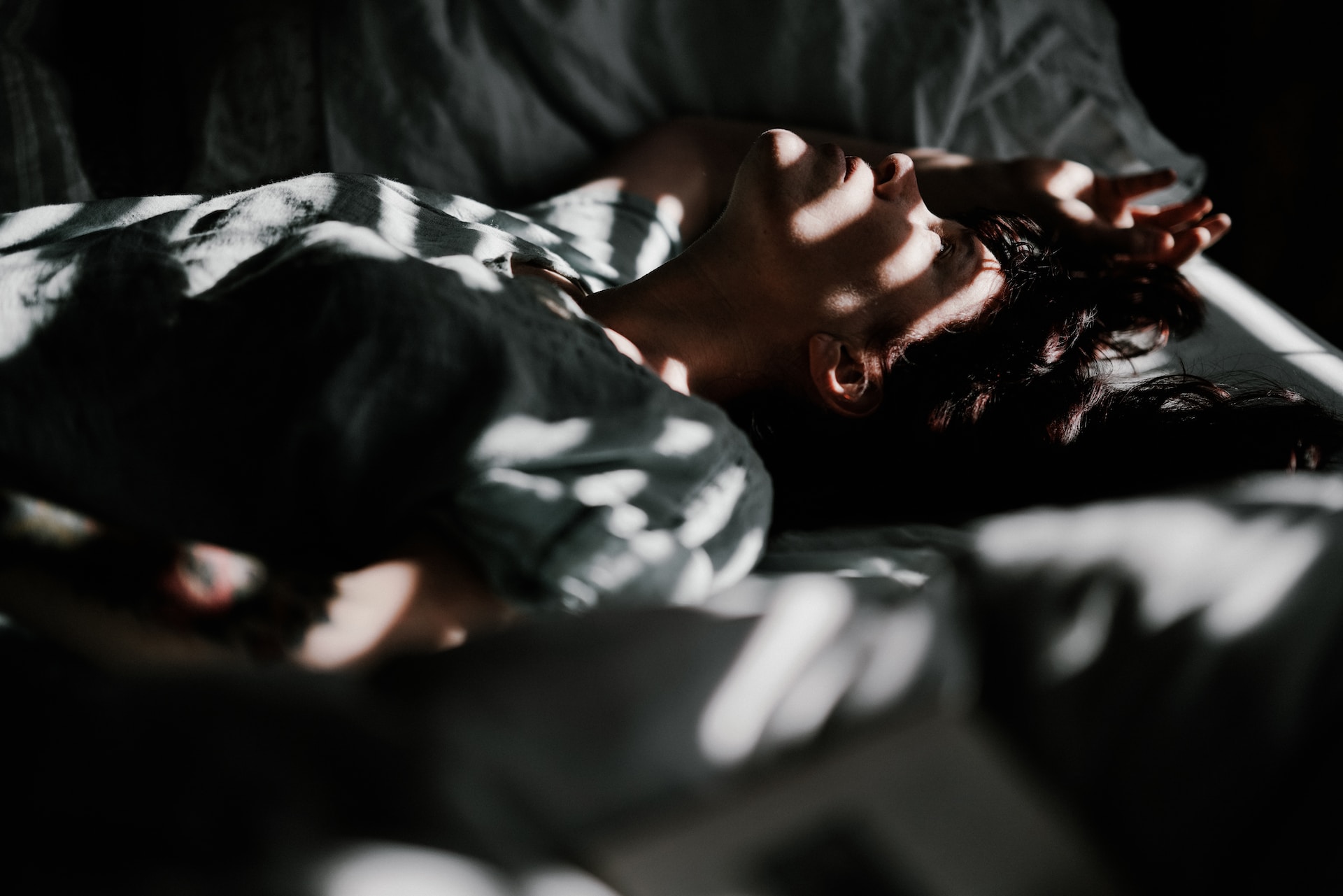A 2019 study discovered that trying to make up for lost sleep in such a way wasn’t just ineffective. It could also lead to a deterioration in metabolic health.
If you ask a person how well they’re sleeping, chances are that the answer you get will be “not too well.”
A recent survey from Statista revealed that as many as 43% of Italians, 42% of South Africans, and 39% of US Americans say they have suffered from a sleep disorder in the last 12 months. And if this doesn’t sound bad enough, consider that India, a country registering the highest number of “good” sleepers, still had a 26% rate of people suffering from a sleep disorder.
In other words, most people lose a fair amount of sleep. And even though we might think that an afternoon nap or a weekend sleep-in could help us feel a little bit less tired, the question remains whether it’s really possible to make up for lost sleep. Let’s find out.
Sufficient Sleep Guidelines for Adults
At some point or other, you’ve probably been told that you need 8 hours of sleep per night. But is that the only acceptable number of hours to rest every 24 hours? Not exactly.
According to the American Academy of Sleep Medicine and Sleep Research Society, the average adult needs 7 hours or more of sleep per night. For teens and the elderly, the number can go up to 9 or 10 hours per night, and even more for children.
But here’s the thing. These recommendations are just that: suggestions. Real-world experience shows that some people don’t feel rested even after 8 hours of shuteye. And, then, some can function perfectly well on less than 6 hours of sleep per night.
So, how can you determine whether you’re getting enough rest? The easiest method is to set a fixed bedtime and shut off your morning alarm. If you consistently wake up at the same time and feel rested, all you have to do is count the hours you were asleep and consider this your ideal sleep time per night.
However, if you find yourself regularly experiencing the signs and effects of sleep deprivation, it might be a sign that you need to explore advanced techniques for allowing your body and mind to rest.
What are the Signs and Effects of Sleep Deprivation?
The most commonly experienced effect of sleep deprivation is drowsiness. But the truth is, feeling sleepy isn’t the only sign that you’re sleep deprived. Some of the other symptoms of insufficient rest include:
- Emotional reactivity
- Anxiety and depression
- Impaired memory
- A weak immune system
- Digestive issues and overeating
- Premature skin aging
- Chronic pain

Photo by Andrea Piacquadio from Pexels
Of course, there are other reasons you might be experiencing these symptoms. However, are you constantly feeling anxious or agitated or find yourself reaching for snacks at the same time every night? If that’s the case, you might need to re-evaluate your sleep habits and see whether you should allot more time for nighttime rest.
Is It Possible to Make Up for Lost Sleep?
One common misconception about sleep deprivation is that it’s possible to pay off sleep debt by napping or having a lie-in during the weekends.
However, a 2019 study discovered that trying to make up for lost sleep in such a way wasn’t just ineffective. It could also lead to a deterioration in metabolic health (namely by increasing muscle- and liver-specific insulin sensitivity). That shows just how crucial it is to prevent chronic sleep loss in the first place.
Strategies for Getting Enough Rest at Night
Considering that it’s impossible to make up for lost sleep (at least without suffering some health issues), the only available solution for ensuring adequate rest is to develop habits that prevent sleep deprivation.
There are numerous available strategies for getting enough rest at night, most of which aim to improve one’s sleep hygiene. These include sticking to a consistent schedule, avoiding bright lights and food before bedtime and at night, and creating a comfortable and sleep-inducing space (making the bedroom dark, quiet, and comfortably cool).
And, if none of these tactics help you get enough rest at night, don’t hesitate to consult a doctor who can help by identifying possible underlying health issues or recommending additional treatments to ensure sufficient rest.
In Closing
If you’re the type of person who stays up late once in a while, there’s not much to worry about your sleep hygiene. As long as you stick to your schedule (yes, this means waking up at your regular time, even on the weekends), you can rest assured that your circadian rhythm will remain healthy and functioning as it should.
However, if you’re suffering from a sleep disorder, it might be time to rethink your habits and explore tactics for optimizing your rest schedule. After all, the consequences of sleep deprivation are not to be overlooked. And if going to bed one hour earlier could help you live a longer, healthier life, then it’s a routine change that’s well worth making.


Join the conversation!